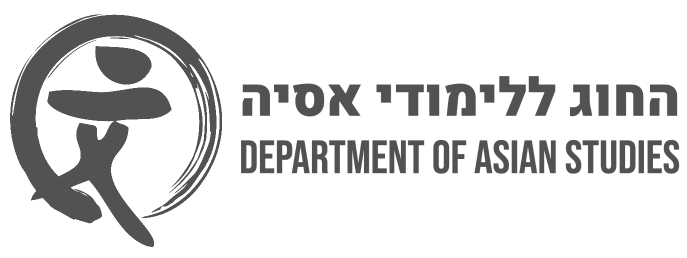28 אוקטובר, 2016
International Conference, The Hebrew University of Jerusalem
June 18-20, 2017
On August 15, 1945 the government of the Empire of Japan transmitted its acceptance of the Potsdam Declaration. According to the prevailing narrative, forged in that declaration and during the Tokyo War Crime Trials, the force most responsible for the Pacific War and its horrors was Japanese militarism. And the primary movers of militarism, it was argued, were three main groups of people: officers, conservative statesmen, and right-wing civilian adventurers.
This conference aims to bring together new perspectives and scholarship on Japanese political and military history to comprehend the role that statesmen, officers and adventurers played in Japan’s turn towards war after 1931. Drawing on newly accessible materials from political, military, diplomatic, and intelligence archives, the participants in this conference will approach prewar Japanese militarism and adventurism in comparative and global perspectives. We will discuss events both in Japan itself and in the frontiers of the Japanese Empire: China, Manchuria and Mongolia. Specifically we examine the following questions: What was the relationship between the changing shape of war and changes in domestic politics and right of supreme command in the 1930s? Were conspiratorial field officers and right-wing ideologues truly able to control and determine the foreign policy of the empire? What was the process of decision-making and policy control in prewar Japan? Did the control system of the Imperial Army truly disintegrate in the 1920s and 1930s? And what role did Japanese military institutions play in giving East Asia its particular shape and identity?
In addition to our discussion of Japanese militarism, we will also hold comparative panels on similar phenomenon of militarism and adventurism elsewhere in Asia and in global perspective.
We welcome individual papers and panel proposals from scholars working in the field of Japanese, Asian or global history whose interest fits in one or more of the following issues:
a. Japanese militarism and imperialism
b. Japanese prewar political history
c. Japanese adventurers (tairiku rōnin) in the frontiers of the empire
d. Asian and world military history








